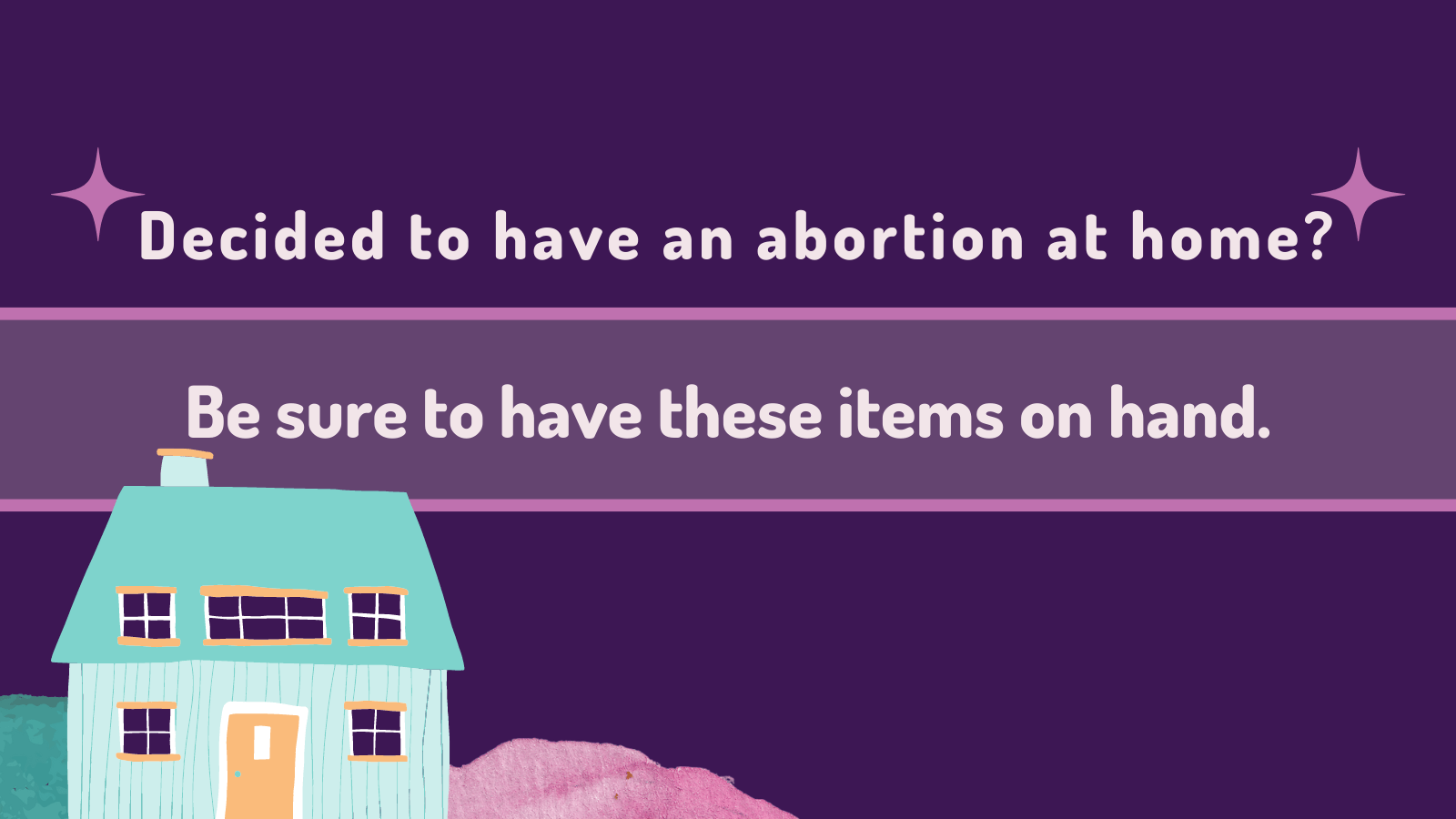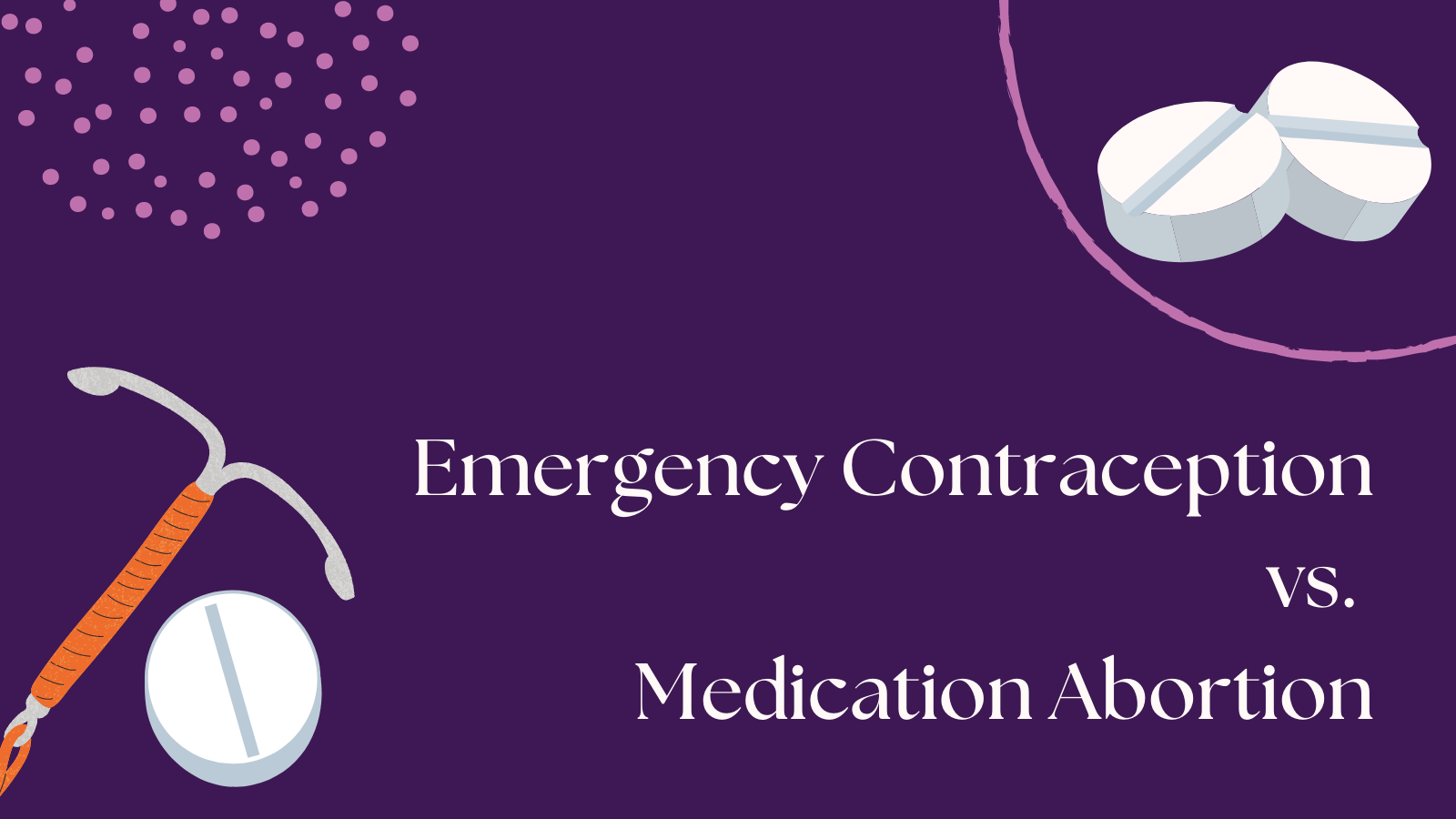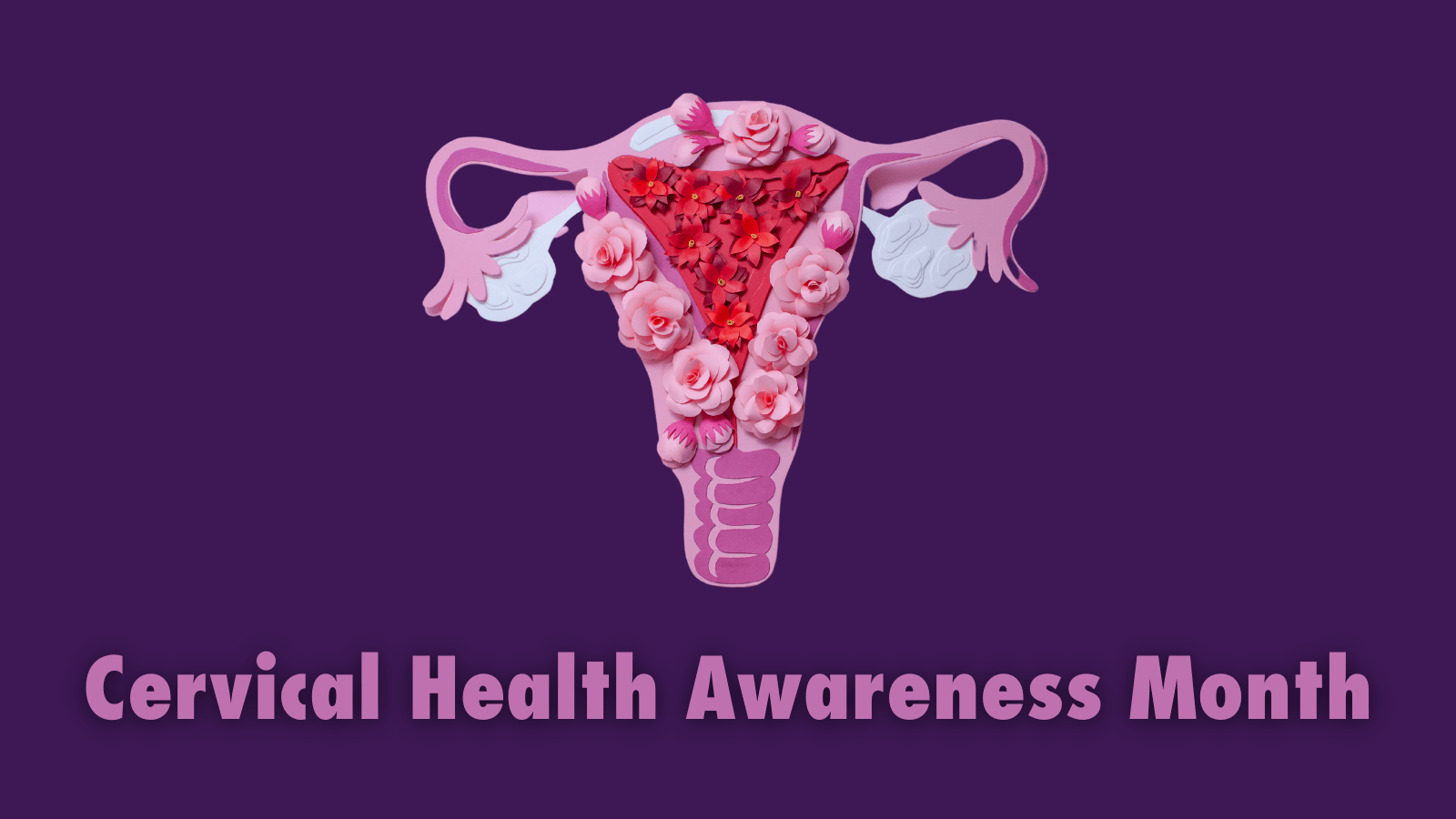Whole Woman’s Health Alliance is a non-profit organization that operates abortion clinics in Austin, Texas and Charlottesville, Virginia. Whole Woman’s Health Alliance is working to strategically shift the stigma around abortion in our culture. They are committed to fostering open and honest conversations, lifting up all communities, and transforming the abortion care environment.
In order to get a pulse on the conversation in Texas, we spoke with Prenita Singh, the Clinic Manager at Whole Woman’s Health of Austin, and Courtney Chambers, the Texas Advocacy Director for Whole Woman’s Health Alliance.
A view from the clinic:
Growing up, I was fortunate that abortion was never a taboo word. Both my parents are science teachers and abortion was discussed just the same way as sexual education and pregnancy was discussed. It was also never a taboo word amongst my peers and me when we went to college.
In fact, I’ve had discussions about abortion with two very close friends of mine. The first was discussed over pizza. We’d both recently graduated college, moved back to our respective hometowns and desperately needed to catch up with the sagas of true adulthood. My friend had no urgency or shame to tell me what happened. It was a natural conversation of, “So, I’ve been seeing this guy… and ended up having an abortion.” There were no questions, no exclamations, no shock or embarrassment, just the usual conversation that continued well into the night.
The second discussion was a phone call while I was at work. My friend went in for bloodwork for a standard procedure and found out she was pregnant. Since we’ve had conversations about abortion before, there wasn’t a question of, “What’s next?” It was more of a conversation about what day I could take off to accompany her to the clinic. We must have been lucky that day because there were no protestors outside of the clinic.
There was nothing abnormal or shameful about these conversations. Not in my family, my circle of friends or my professional work environment (I worked in OBGYN that saw many high-risk pregnancies).
Fast forward to a few years later and imagine my surprise when I moved to Texas and abortion was not only controversial but also treated as a cultural taboo. There were protestors outside when I came for my job interview even though it was well beyond office hours.
Imagine my shock when I learned the laws that guided this clinic and the abortion field in Texas. Laws that seemed inconvenient and downright ridiculous. One law states that if a woman is less than 100 miles from any abortion facility, there must be a 24 hour waiting period. I hate driving. 100 miles is a long drive. Not only is she supposed to find the time and resources to get to a clinic but then she has to turn around, go home and do it all over again the next day!
As women, we balance at least 20 things on our plate at any given moment. We are caretakers and assume the responsibility of everyone. We are judged and scrutinized for every move that we make. We are expected to take care of partners, children, and a household but yet it is assumed by the government that we are not capable of making decisions about our own bodies?
Abortion stigma has negatively affected personal conversations, state and federal laws, and it affects our patients every day – sometimes without them even realizing it. We will continue this work, and will continue to meet every woman who walks through our doors with dignity, compassion, and respect.
From the advocacy world:
With constant attacks on access, advocacy work in and outside the clinic continues to be more and more vital to fight against TRAP laws and other restrictions that utilize and perpetuate abortion stigma as a way to further restrict access.
Whole Woman’s Health clinics are designed to eradicate stigma from the moment you enter – they are welcoming, comfortable places free of judgment and full of trust for our patients. This has always been integral to the model of care.
However, in two Whole Woman’s Health clinics we have extended stigma eradication efforts to the clinic exteriors by installing beautiful, affirming murals on or near the clinics. The murals counter the stigma and hateful rhetoric that many patients encounter from anti-abortion protestors outside the clinic. The murals are a reflection to patients and the larger community that the clinics are a place of love and respect.
In addition to the stigma eradication work in and around the clinic, Whole Woman’s Health and Whole Woman’s Health Alliance also provide clinic tours and Abortion 101 and 102 workshops to organizational partners so that they can best advocate for abortion rights and access. These clinic tours and workshops allow pro-choice partner organizations the chance to see the work we do and to ask any questions they may have about abortion care. In addition to advocacy partner organizations, we have also provided these trainings to a range of other groups like journalists and media outlets, legal organizations, and clergy of various faiths.
Of course, legal challenges are also a type of advocacy and we vow to continue to fight back in court against burdensome restrictions.
We do this stigma eradication work in all the communities we serve, but it is particularly important in Texas, which as a state has led the way for national trends in increased abortion restrictions and attacks on access. This advocacy work started in Texas and eventually led to the Whole Woman’s Health v. Hellerstedt Supreme Court victory in 2016. Here’s to many more years of fighting back against abortion stigma!
For more information on Whole Woman’s Health Alliance, their advocacy and how to support them, please visit their website at www.wholewomanshealthalliance.org



